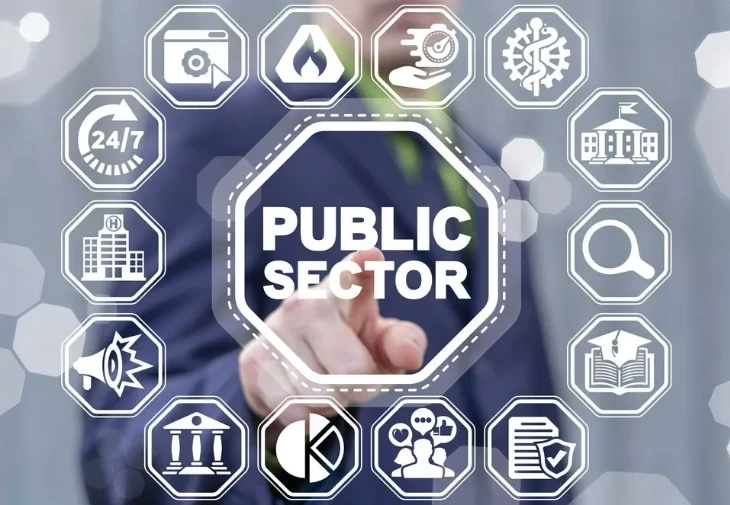E-signatures in the Philippines have become one of the pivotal tools in the Philippines’ move towards a more digital economy and legal frameworks. With the increasing proliferation of internet technology in the country, the business world, lawyers, and the public must be informed of the current legal requirements and prospective development of e-signatures. This article explores the current state of e-signatures in the Philippines, the legal recognition of this innovation, as well as future developments expected in the succeeding years.
The laws that govern e-signatures in the Philippines are mainly governed by The Electronic Commerce Act of 2000 also known as The Republic Act No. 8792. This law legitimized the use of electronic signatures and gave them the same legal status as handwritten signatures. The act enables and promotes electronic commerce by establishing an appropriate legal foundation to implement it within the context of commercial and other relationships of civil law.
Another problem that always comes up with e-signatures is of how to make them more secure and less easily manipulated. Legality and credibility of a signed document are the main aspects that are essential to assure its admissibility. This paper also learned that for electronic signatures to be valid in the Philippines, security standards must be met. This entails employing sophisticated technologies and encryption techniques, digital certificates, and secure procedures to ensure the authenticity of the signer and the content of the document.
UNAWA, a distinguished legal tech company based in the Philippines, can reach out for a secure and dependable e-signature. UNAWA’s system is equipped to deal with high-security requirements, to ensure that e-signatures cannot be forged and are legally enforceable. Based on the latest technological advancement and compliance with local and international laws on e-signature, UNAWA is the number one e-signature solution for different industries in the Philippines.
The tamper-proof e-signatures offered by UNAWA can be discussed under the following: These are, for instance, implementing two-factor authentication, singling digital certificates provided by accredited enabling entities, and utilizing safe storage facilities. Such features make it possible to distinguish between the initial text of the signed document and amendments made to it in the future, which in turn helps maintain the document’s credibility.
This further underlines the fact that cooperation between businesses and consumers in the Philippines increases the demand for further development of e-signatures and respective legal regulations. Possible future development trends of e-signatures include raising the usage of the regulation and updating the norms and standards for preventing new technologies’ risks. The adoption of e-signature has been advanced in one area; namely, the application of blockchain technology, which is one of the most secure ways to decentralize the digital signatures of e-signature. This technology can also increase the confidence that e-signatures are irreversible in case additional assurance is needed.
Furthermore, there are ongoing efforts to bring more local regulations into compliance with international standards. This alignment shall allow e-signatures to support cross-border operations and secure international acceptance of Philippine e-signatures. Bear in mind that the government has a responsibility to promote the right environment for the use of innovation in the digital environment and ensure the establishment of policies that support the use of secure e-signature technologies.
Overall, the use of e-signatures for contracting in the Philippines is surrounded by a sound legal framework making the use of e-signatures valid and enforceable. Global electronics manufacturers such as UNAWA can therefore significantly contribute towards the provision of the e-signature that cannot be tampered with to promote secure electronic transactions. Future development of e-signatures in the Philippines may include the enhancement of security measures, bringing e-signatures into parity with existing local legislation, and the adoption of contemporary technologies. These developments will improve the effectiveness and adoption of e-signatures by the country and other nations in the world for the progress of the country’s digital economy.



